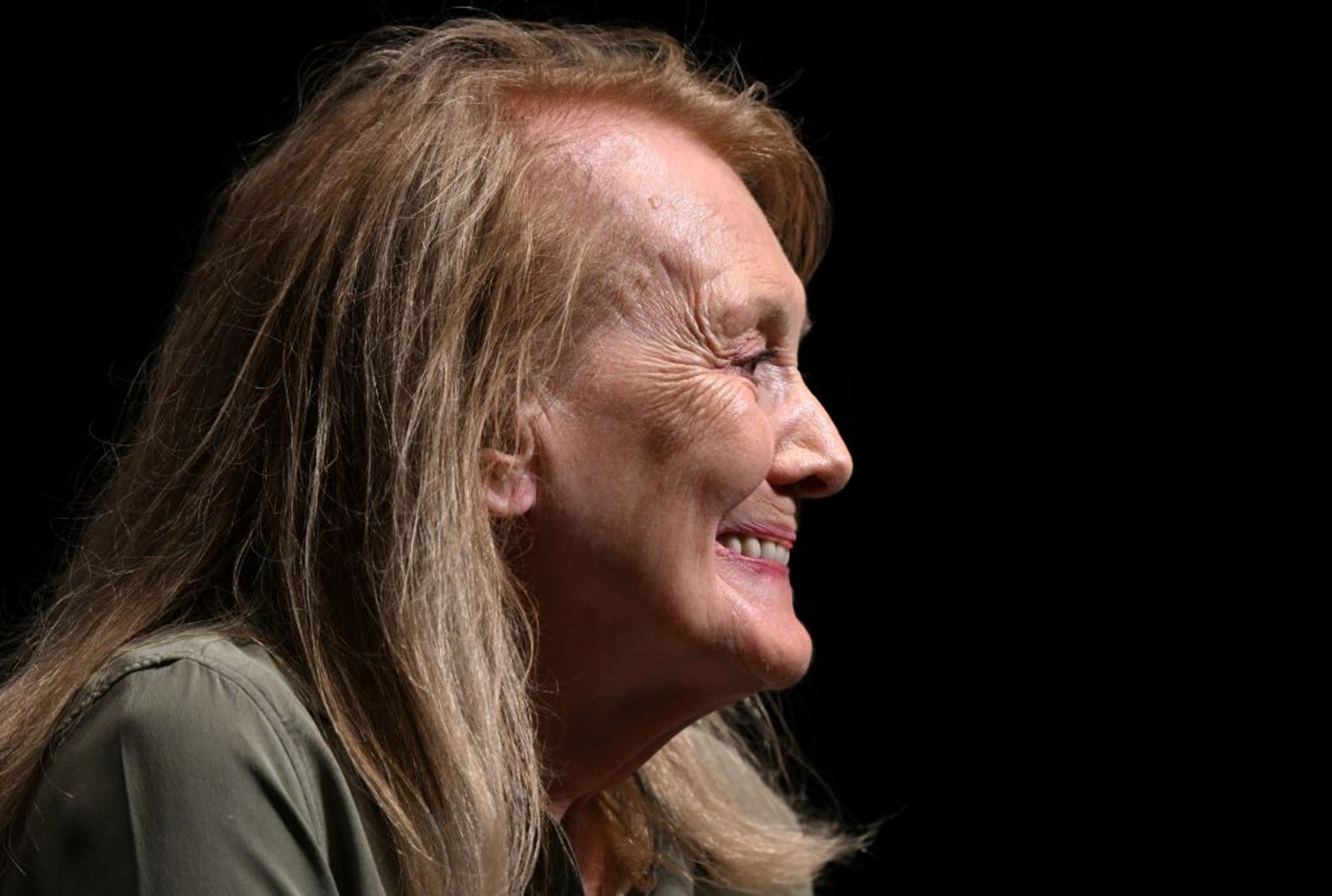What you should know about the Nobel laureates 1:04
(CNN Spanish) --
For her "courage and clinical acuity", the 82-year-old Frenchwoman Annie Ernaux received the Nobel Prize for Literature on Thursday, the 17th woman to win the award in its more than 100-year history.
Ernaux's work is closely inspired by her own life and reflects on family, class, politics and gender.
"Her work of hers is uncompromising and written in simple, clean language," Anders Olsson of the Swedish Academy said Thursday when he announced his award.
"And when she with great courage and clinical acuity reveals the agony of the classroom experience, describing the shame, the humiliation, the jealousy, or the inability to see who you are, she has accomplished something admirable and enduring," Olsson added.
Annie Ernaux wins the 2022 Nobel Prize in Literature
From teaching to the Nobel Prize
Ernaux was born in a rural town in Normandy, northern France, in 1940, to parents who owned a shop and a cafe.
He studied Literature at the University of Rouen, according to the Grupo Planeta publishing house, and taught this subject at high schools in the town of Annecy and on the outskirts of Paris.
He was also a teacher for years at the National Center for Distance Education in France.
In an interview with the Spanish magazine Jot Down in 2020, the writer spoke about the "freedom" that teaching gave her to be able to write without pressure.
"If I had only dedicated myself to writing, I would have had to write to live, and that means making concessions, and above all losing freedom in your writing. Earning a living writing implies publishing every two years or even less, having an imposed regularity. I I think that to write you need, above all, time", he explained.
His upbringing features prominently in his novels, as well as his experiences during adolescence and adulthood.
During his career he has won several awards, including the Renaudot Prize from the French Academy in 1984 and the Formentor de las Letras prize in 2019.
They are all winners of the Nobel Prize for Literature from 1901 to 2022
Annie Ernaux photographed in Paris in 1984, after receiving the Renaudot Award for "The Place".
(Credit: Pierre Guillaud/ AFP/ Getty Images)
Annie Ernaux against the extreme right
Ernaux has also been vocal on political issues.
This year, in the French elections between Emmanuel Macron and Marine Le Pen, the writer, in an interview with Spain's La Sexta, described the far-right that has advanced in her country as "stale."
"They represent an extreme right that would be assimilated to the extreme right of (Spanish dictator Francisco) Franco," she said.
But it also targeted Macron.
"He arrived with nice words, wanting to carry out a policy that was neither right nor left, but in reality he has carried out a policy that is right-wing and for the privileged."
The works of Annie Ernaux
The Nobel winner has some 20 works, many of which have been translated.
Her first work dates back to 1974, published under the title "Les armoires vides" and translated into English in 1990 as "Cleaned Out".
In Spanish it was titled "The Empty Closets".
Other of his most outstanding titles available in Spanish, according to their original publication date, are:
The Frozen Woman (1981)
The Place (1983)
Pure Passion (1992)
I Haven't Left My Night (1997)
The Event (2000)
Get Lost (2001)
The use of the photo (2005)
The Years (2008)
Girl Memory (2016)
Nobel organizers told reporters Thursday that they focused on literary quality and not on sending a message to the world in choosing the prize.
But Ernaux's victory sheds light on his writing on abortion, months after the US Supreme Court overturned Roe v.
Wade.
Her novel "The Event" details her experience of undergoing a dangerous clandestine abortion in 1963, when the procedure was illegal in France.
"There were thousands who had gone through secret abortions, I wanted to recreate the truth exactly as it was at the time, ridding myself of any knowledge of the fight for women's rights that would follow," the author told The Guardian in 2019.
"Because in 1963, 1964, when it happened to me, it was unthinkable to imagine that one day abortion would be authorized, doctors didn't even talk about it."
In the interview with La Sexta, when the rumors that she could obtain the award were already circulating, Ernaux said that for her writing "has never been something to obtain a reward."
"I find in literature a help".
InstaNews

